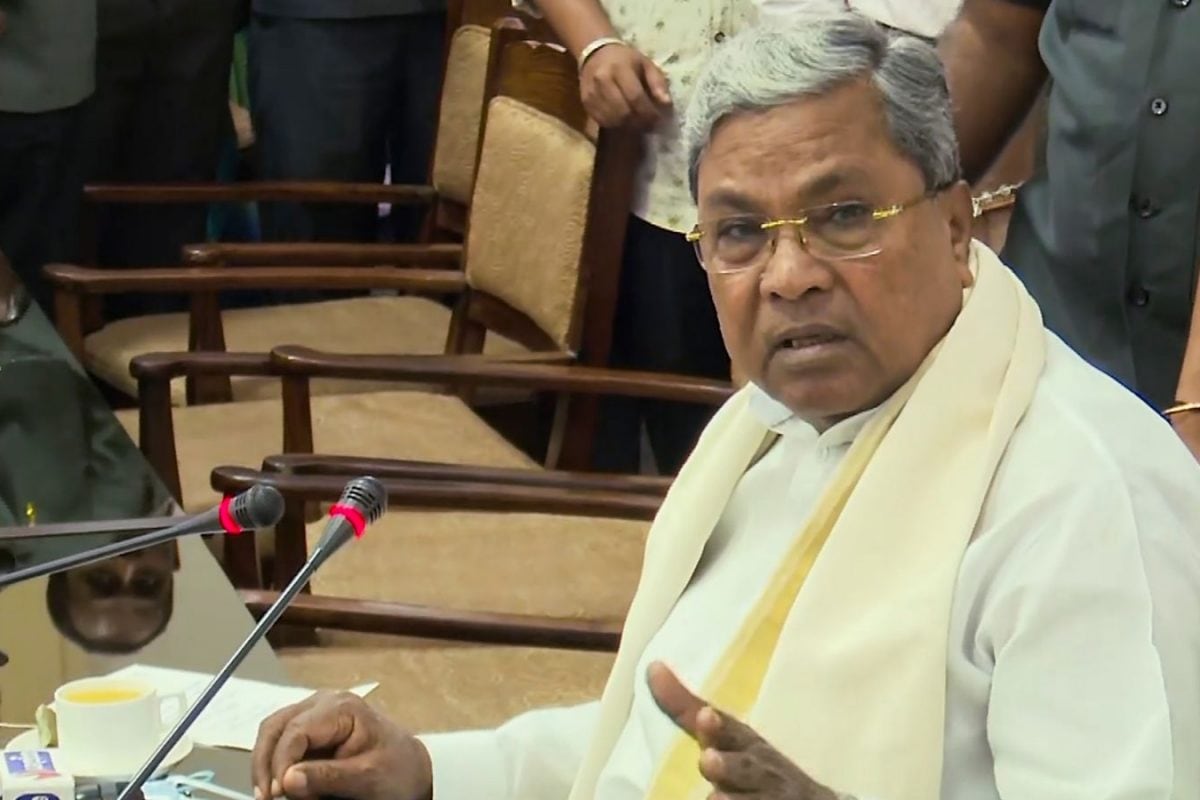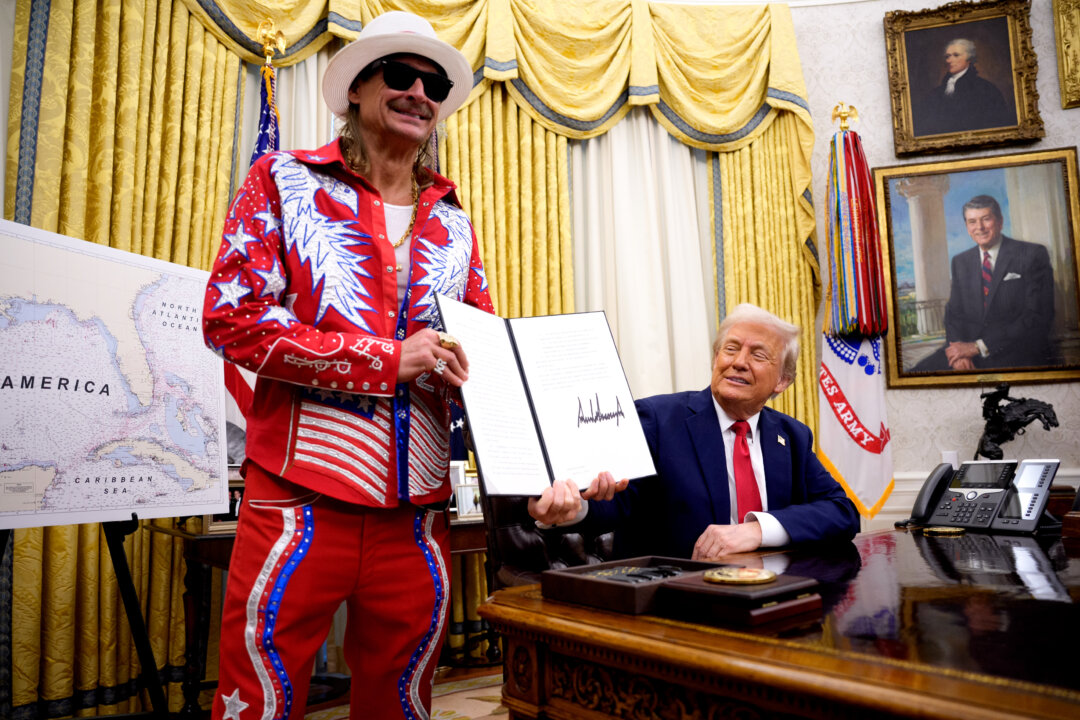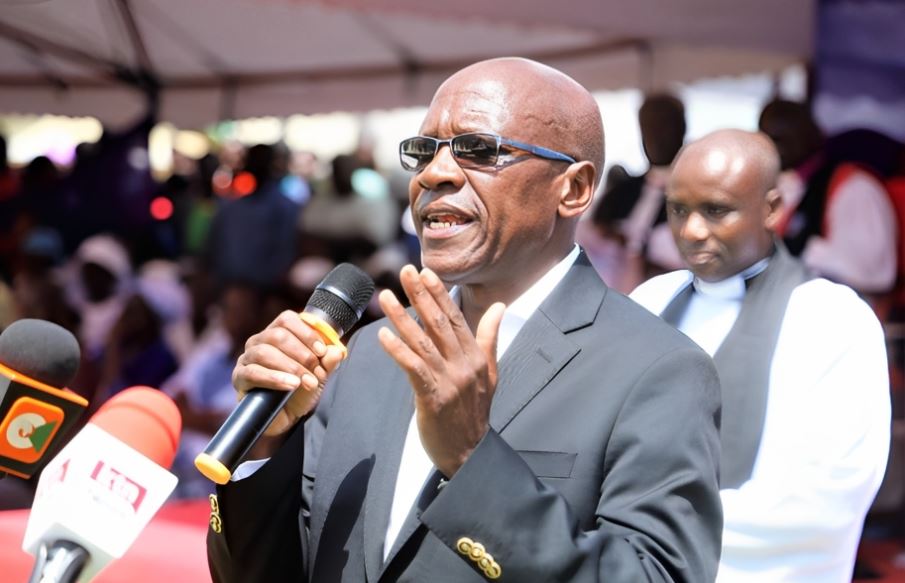
A nation’s military is not just another institution—it is the ultimate guarantor of its sovereignty. History is replete with examples of nations that collapsed when their armed forces were weakened from within—whether by political infighting, public distrust, or external manipulation. Bangladesh is no exception.
Since its bloody birth in 1971, the country has relied on its armed forces not only for defence but also as a stabilising force during times of political turmoil. Today, as Bangladesh navigates a fragile transition following the ouster of Sheikh Hasina’s government, the army’s role is more critical than ever. Yet, disturbingly, there are forces—both domestic and foreign—seeking to undermine it.

From social media campaigns launched by expatriates to speculative reports in the foreign press, the goal is clear: erode public confidence in the military. Once trust in the army is compromised, Bangladesh’s stability itself is at risk. And history warns us that when militaries falter, nations do not transition smoothly into vibrant democracies; they spiral into disorder.
World Bank Group BoD okays $300m IDA loan for Punjab Clean Air Programme Over the past few weeks, a surge of targeted rhetoric has sought to discredit the Bangladesh Army and its leadership. Social media activists—many operating from the safety of foreign capitals—have accused the military of manipulating the interim government. A senior leader of the National Citizen Party (NCP) recently sparked controversy by insinuating “cantonment pressure” on key political decisions—remarks so reckless that even his own party members distanced themselves from him.
These accusations are not mere political banter; they are part of a well-calculated strategy to erode the military’s legitimacy. The playbook is familiar. From Turkey to Pakistan, we have seen how militaries, once delegitimised, become battlegrounds for competing political forces.
Bangladesh must avoid this fate at all costs. The fall of Sheikh Hasina’s government in 2024 was supposed to usher in a new era of stability. Instead, remnants of her regime—along with opportunistic political actors—are exploiting the transition to sow chaos.
Their goal? To create conditions where the public turns against the army, either through manufactured crises or orchestrated unrest. We have seen this before. In post-Mubarak Egypt, loyalists of the old guard fuelled protests and violence to discredit the transitional government.
In Bangladesh, Hasina’s loyalists may be betting on a similar strategy: destabilise the country enough to force the military into a no-win situation—either crack down and lose public support or stand aside and let anarchy prevail. Pakistan’s sesame seed exports to China surge by 180pc in early 2025 The most dangerous trend emerging from this moment is the normalisation of attacking the military as just another political actor. This is a fatal mistake.
The moment a nation’s military is dragged into partisan warfare, the state itself is in jeopardy. Look at Myanmar, where the Tatmadaw’s entanglement in politics led to decades of repression, international isolation, and, ultimately, a catastrophic coup in 2021. Or Venezuela, where Hugo Chávez turned the armed forces into an extension of his party, ensuring that the military served political interests rather than national ones.
Bangladesh cannot afford such a scenario. Some argue that militaries should never be above scrutiny. That is, of course, true.
No institution should operate without accountability. But there is a stark difference between constructive oversight and outright character assassination. The recent wave of attacks against the Bangladesh Army does not seek reform—it seeks destruction.
Honda Atlas Cars celebrates start of its first-ever export of CBU units from country Beyond domestic politics, Bangladesh must contend with the interests of powerful neighbours. Indian media outlets, for instance, have been publishing speculative reports about unrest within the Bangladesh Army, hinting at possible coups and internal dissent. The Inter-Services Public Relations (ISPR) has strongly denied these claims, branding them as baseless and damaging to national unity.
Why would foreign entities push such narratives? The answer is straightforward: a divided Bangladesh Army makes the country more vulnerable to external influence. Weakening the military opens doors for diplomatic coercion, economic manipulation, and strategic concessions that Bangladesh cannot afford. For the interim government, the challenge is now twofold: resisting external manipulation while ensuring that internal political factions do not drag the military into their power struggles.
For Bangladesh to navigate this precarious moment, a deliberate effort must be made to keep the military above partisan battles while reinforcing its integrity through responsible governance. Political leaders, activists, and media figures must recognise that reckless accusations against the armed forces weaken not just the institution but the nation itself. At the same time, the government and civil society have a responsibility to combat disinformation campaigns designed to fracture public trust in the military.
Those who deliberately spread baseless allegations—whether from within the country or abroad—should face appropriate legal consequences, as national security cannot be sacrificed in the name of political opportunism. Farmers advised to remove weak and extra plants from sunflower crops Yet, maintaining the military’s professionalism is equally critical. While the army must remain a pillar of national stability, it should not become a player in political disputes.
The more it engages in governance or partisan conflicts, the more its credibility erodes. This is why the interim administration must focus on strengthening civilian institutions, ensuring competent governance that prevents a power vacuum. A strong civilian leadership reduces the temptation for military intervention, preserving the balance necessary for democratic stability.
Bangladesh must also be cautious of external narratives that seek to exploit internal divisions. A military weakened by infighting or discredited through misinformation is a military vulnerable to foreign pressure. Preserving its professionalism and unity is not just about internal order—it is about protecting national sovereignty in an increasingly complex geopolitical landscape.
Cars sale up by 44.62pc, production 41.62pc in 8 months Bangladesh stands at a crossroads.
One path leads to stability, where the army remains a respected, apolitical institution safeguarding the nation. The other leads to chaos, where the military is weakened by infighting, distrust, and manipulation. The choice is clear.
The attempts to politicise and undermine the army must be resisted—not out of blind loyalty, but out of cold, rational necessity. A country without a strong, unified military is a country that will not survive. And survival, in the end, is the only thing that matters.
M A Hossain The writer is a political and defense analyst based in Bangladesh. He can be reached at [email protected] Tags: sabotaging bangladesh.















